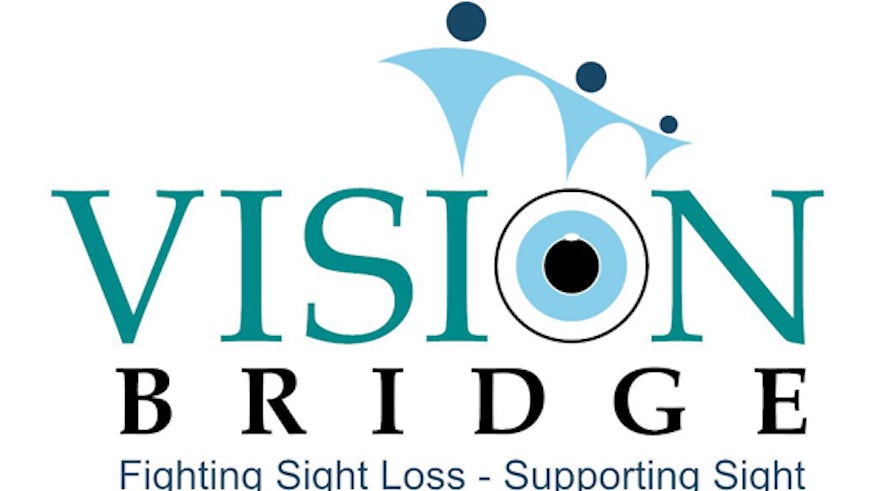Leading sight loss research campaigner gives talk at School
21 November 2018

Last week, Julian Jackson, the Founder of social enterprise VisionBridge, was the guest speaker for our bi-weekly seminar series Cornea to Cortex. Julian, along with Louise Read from OrCam gave a fascinating insight into the future of wearable artificial vision technology to improve the lives of people with sight loss.
Julian described how the latest visual assistive technology could greatly benefit people with visual impairment by allowing access to previously unobtainable written and visual material.
The device Julian demonstrated was a spectacle mounted camera, computer and microphone which takes images of written material and narrates the text into the user’s ear, as well as assisting with other activities such as colour, object and face recognition. This type of technology also has the potential to assist people with language disorders that present a barrier to reading, for example those who have aphasia following a stroke.
Julian explained that “Alongside the anecdotal evidence that OrCam quantifiably improves the quality of life of users, a pilot study to scientifically measure this improvement in their ability to perform daily tasks of living is under way at City University in London. It is definitely a positive development in fighting the increasingly underfunded issue of sight loss that is predicted to affect more than 4 million people worldwide by 2050 (RNIB).”
Head of School, Marcela Votruba, said: “it was an honour to welcome Julian to the School to raise awareness of the fantastic developments being made to help people with visual impairment. Sight loss has a significant impact on people’s daily lives and I think it is vitally important for the issue to be driven to the top of the agenda in UK Research.”
Julian who lost his sight in 2010 is an avid campaigner for sight loss research and launched VisionBridge in 2016 to raise awareness into the importance of vision loss research. The enterprise is supported by a growing nationwide group of academic researchers, clinician scientists, clinicians and patient advocates.
Cornea to Cortex takes place at The School of Optometry and Vision Sciences every two weeks in term time and welcomes a vast array of interesting guest speakers from the various segments of optometry and the vision sciences.
Share this story
We are facilitating detection, diagnosis, monitoring and treatment of vision disorders through innovative research.
